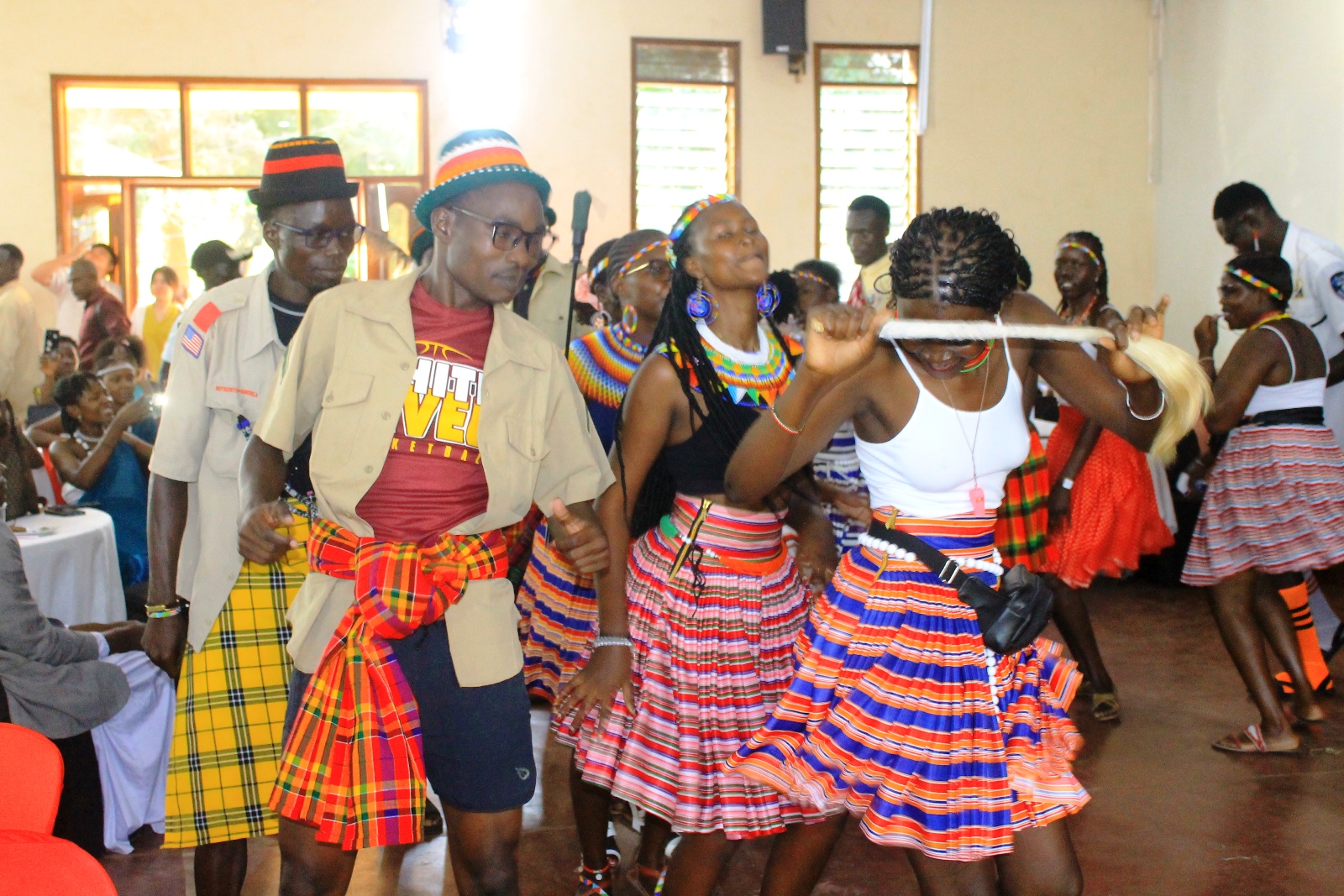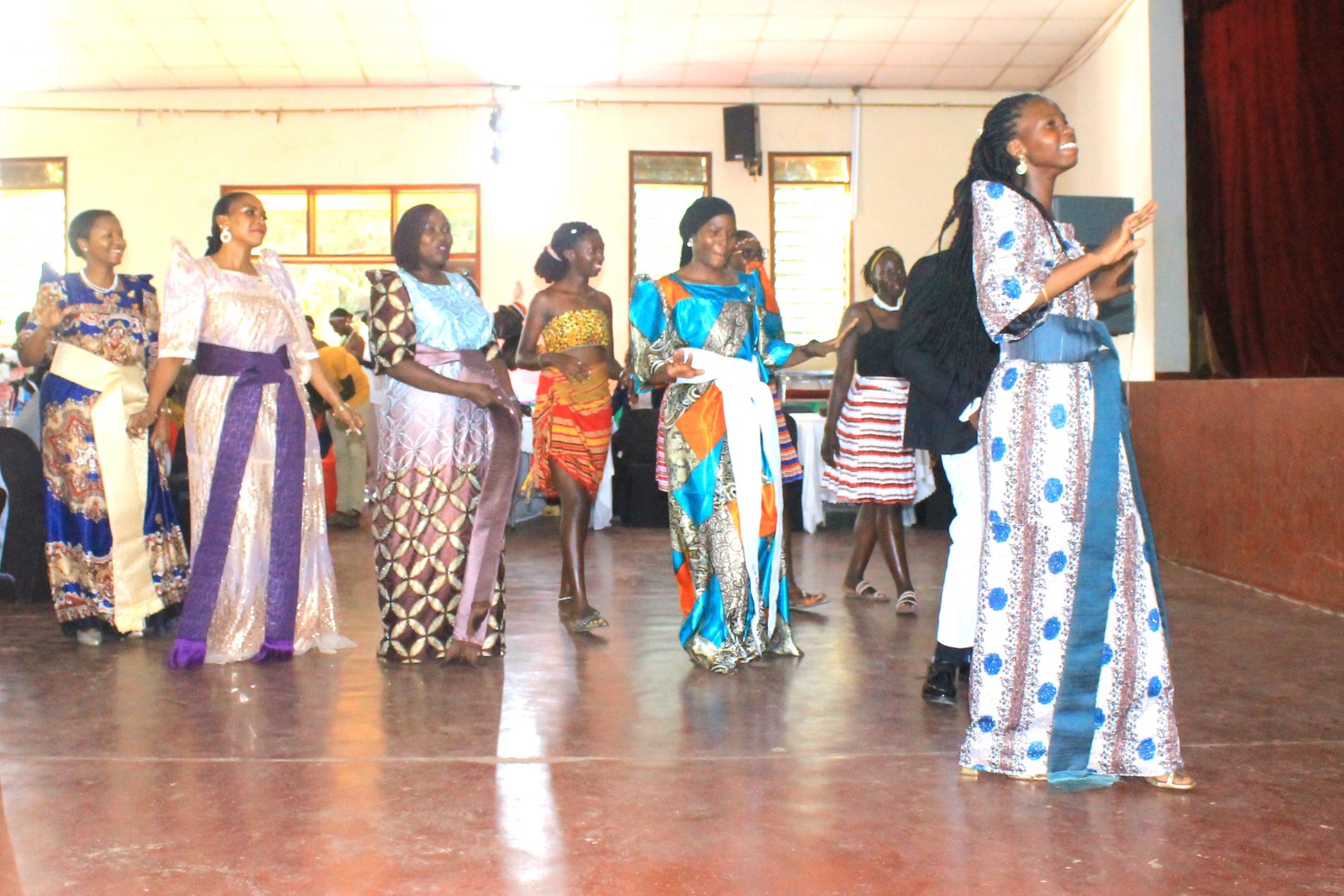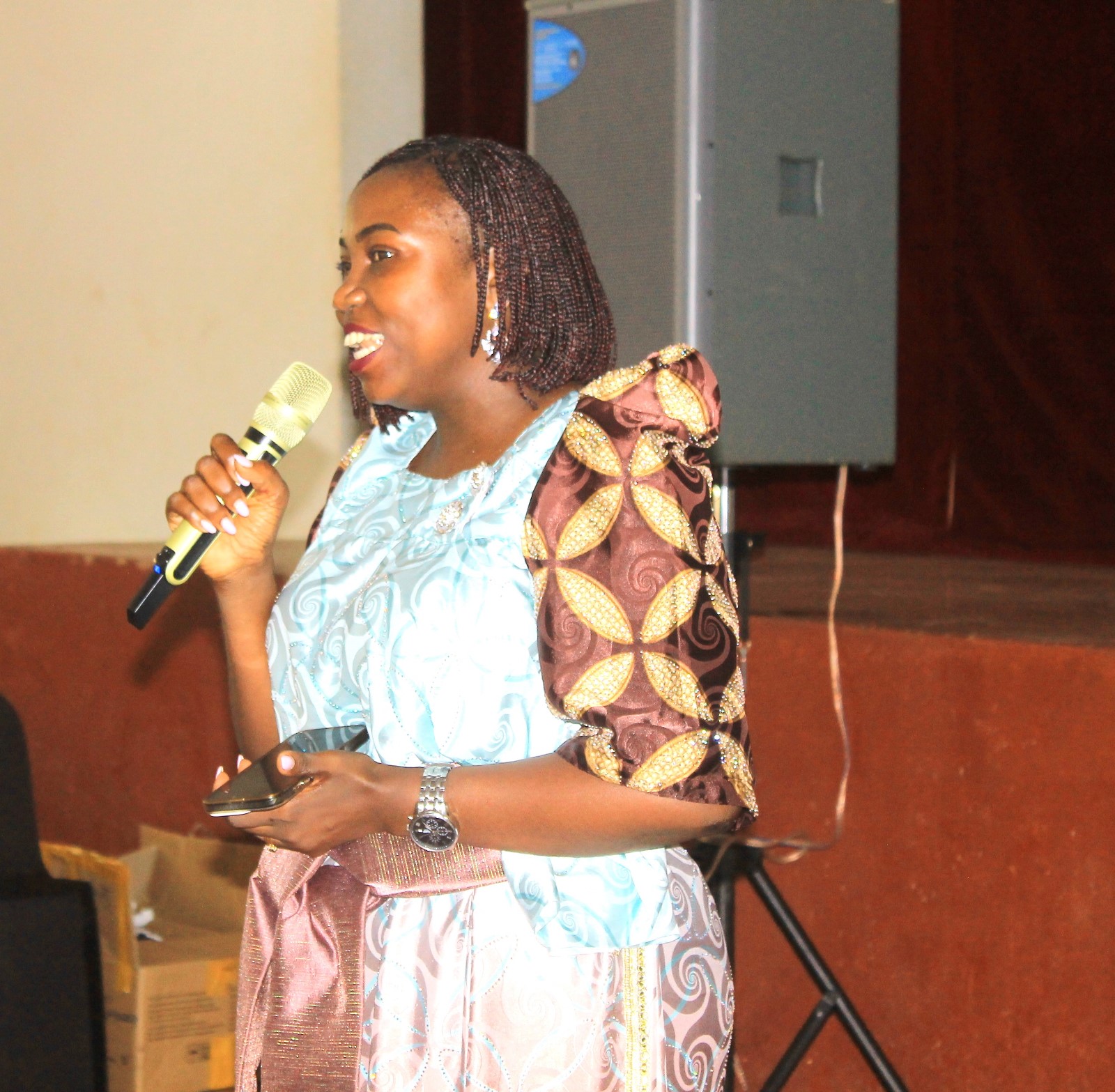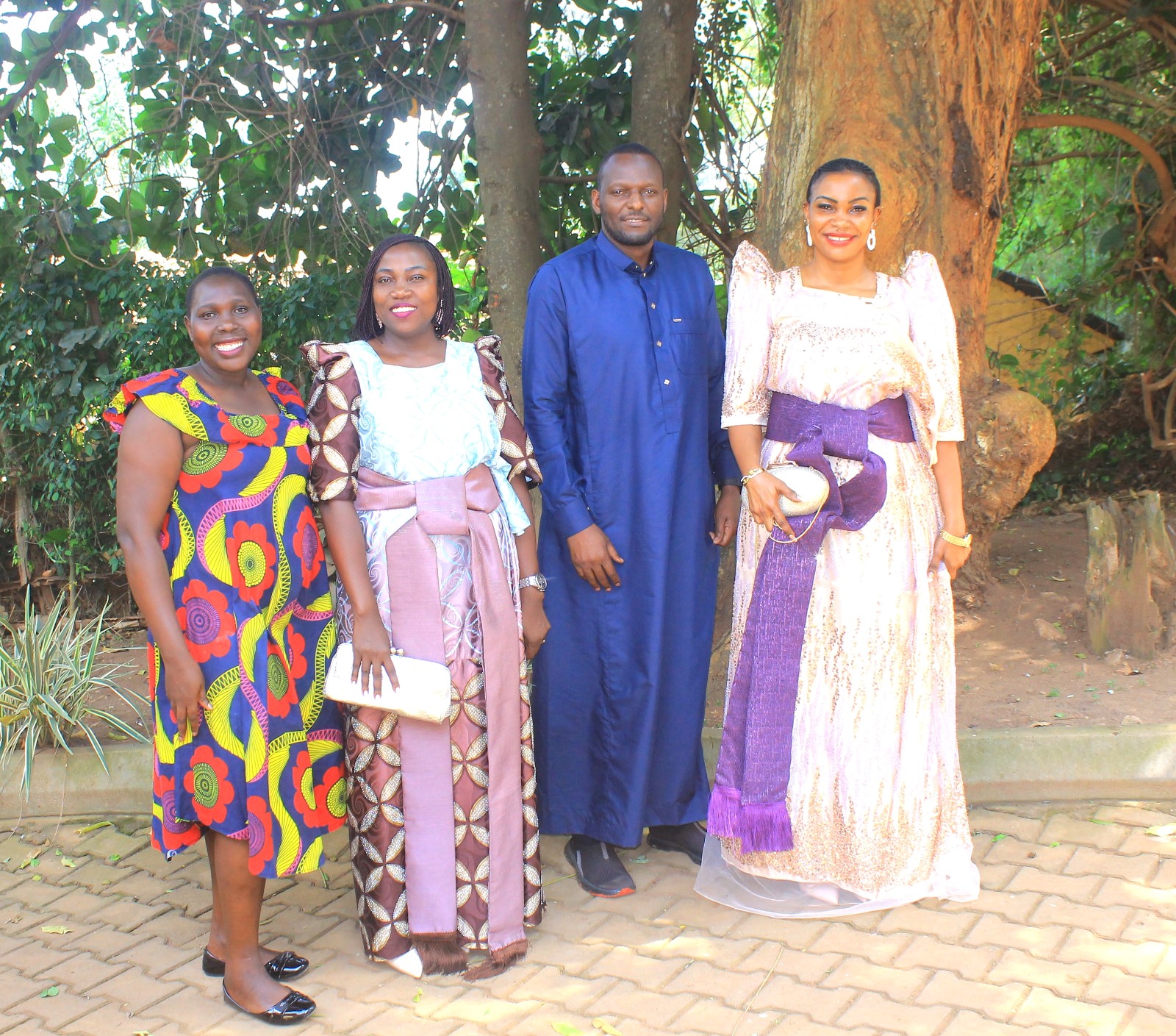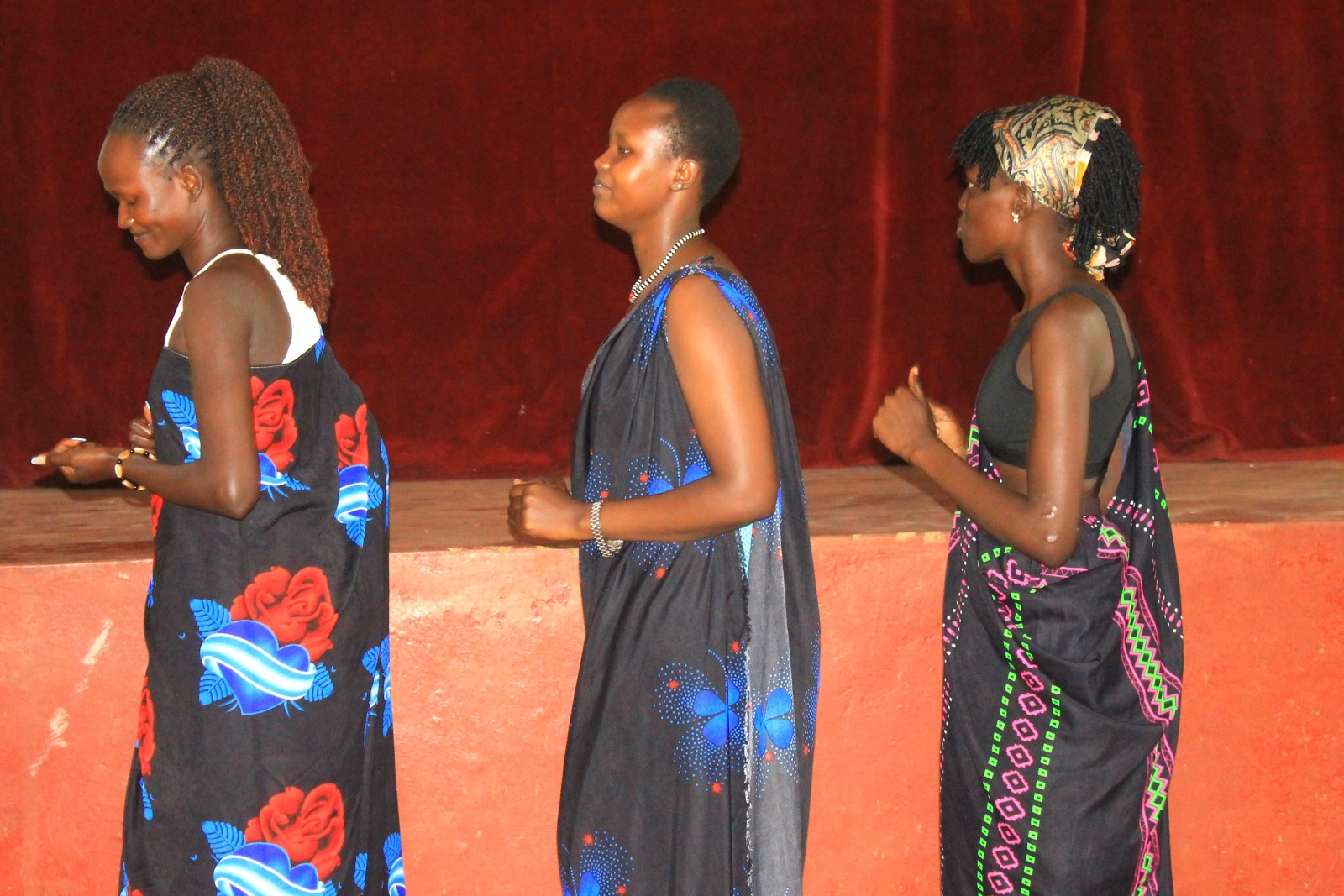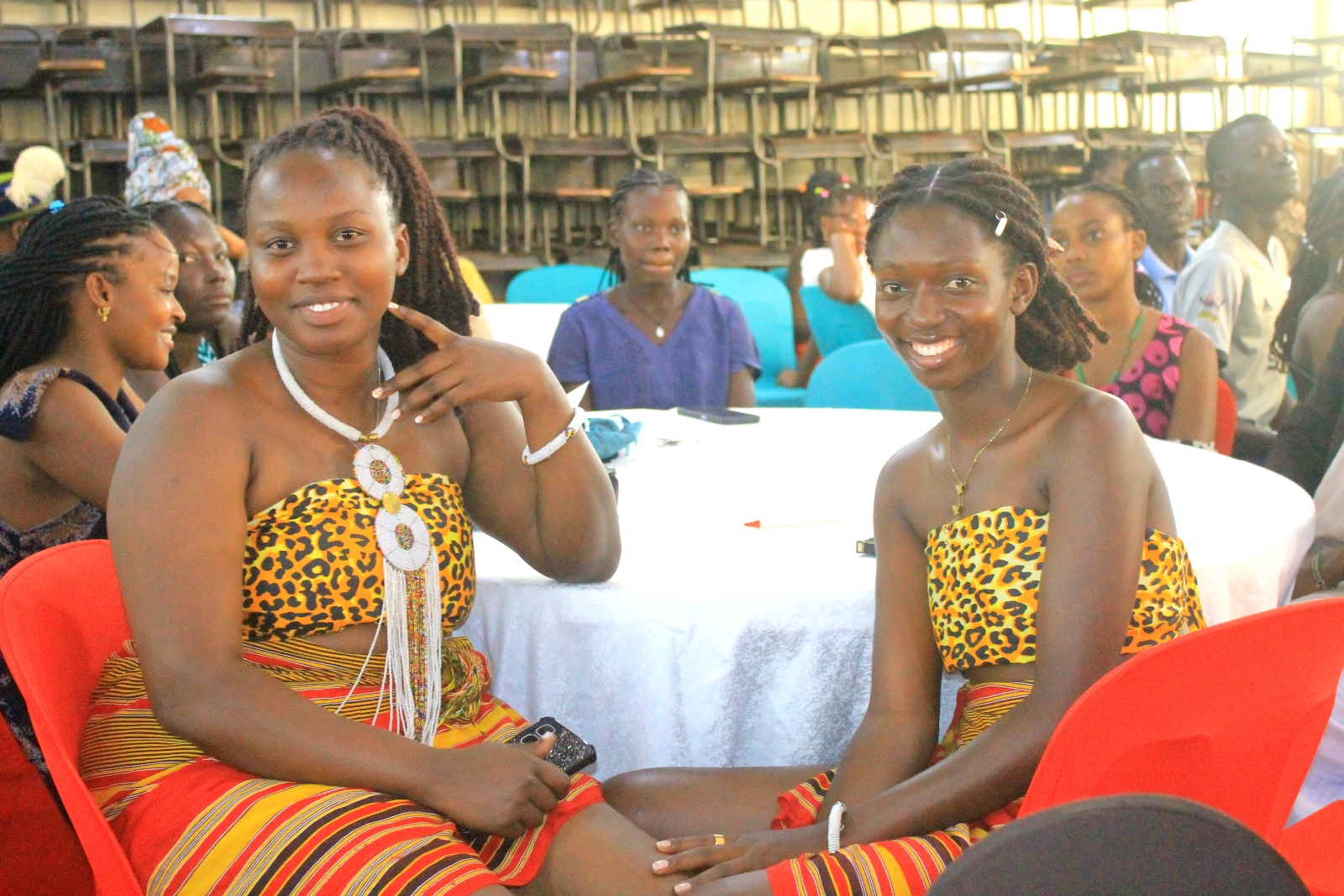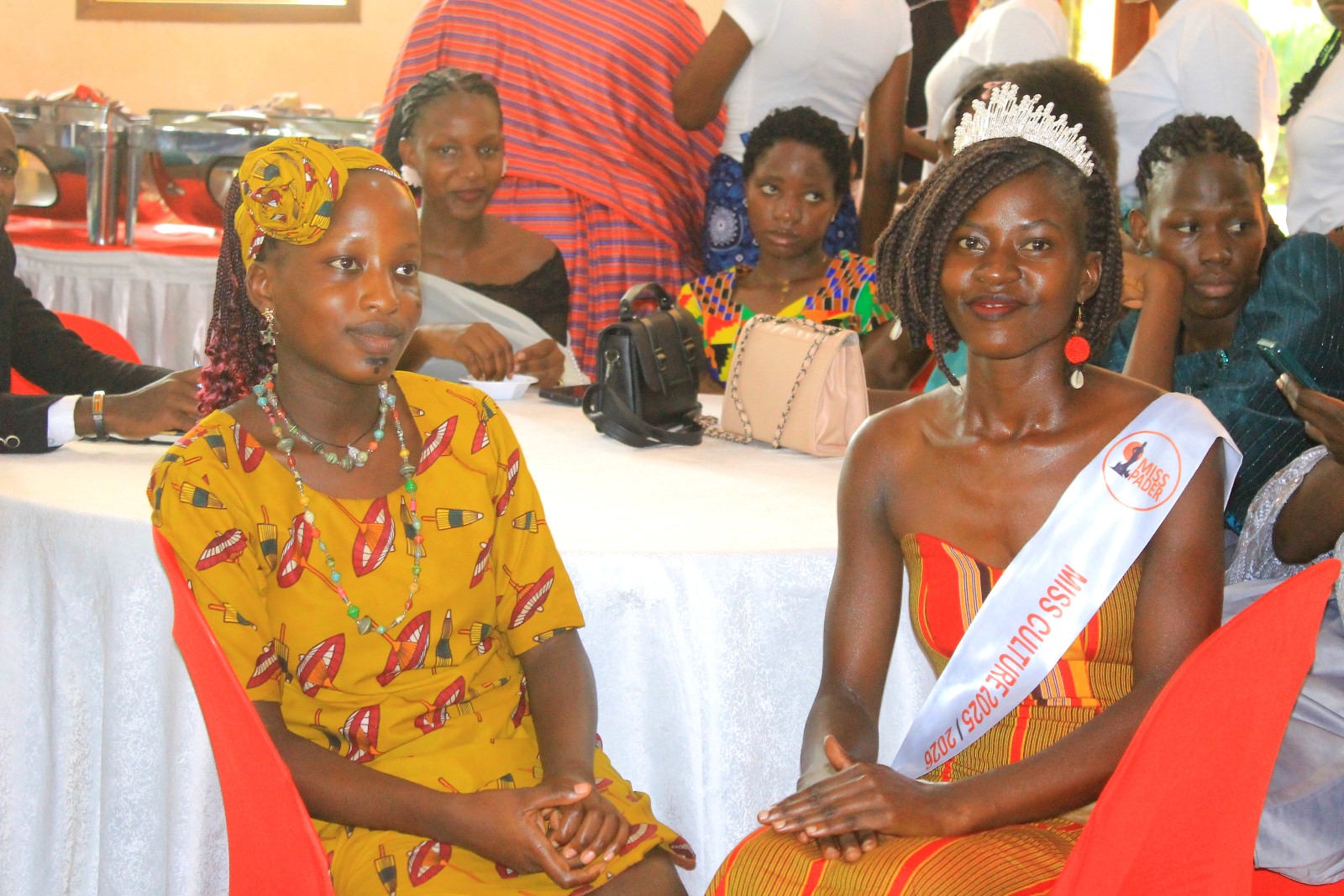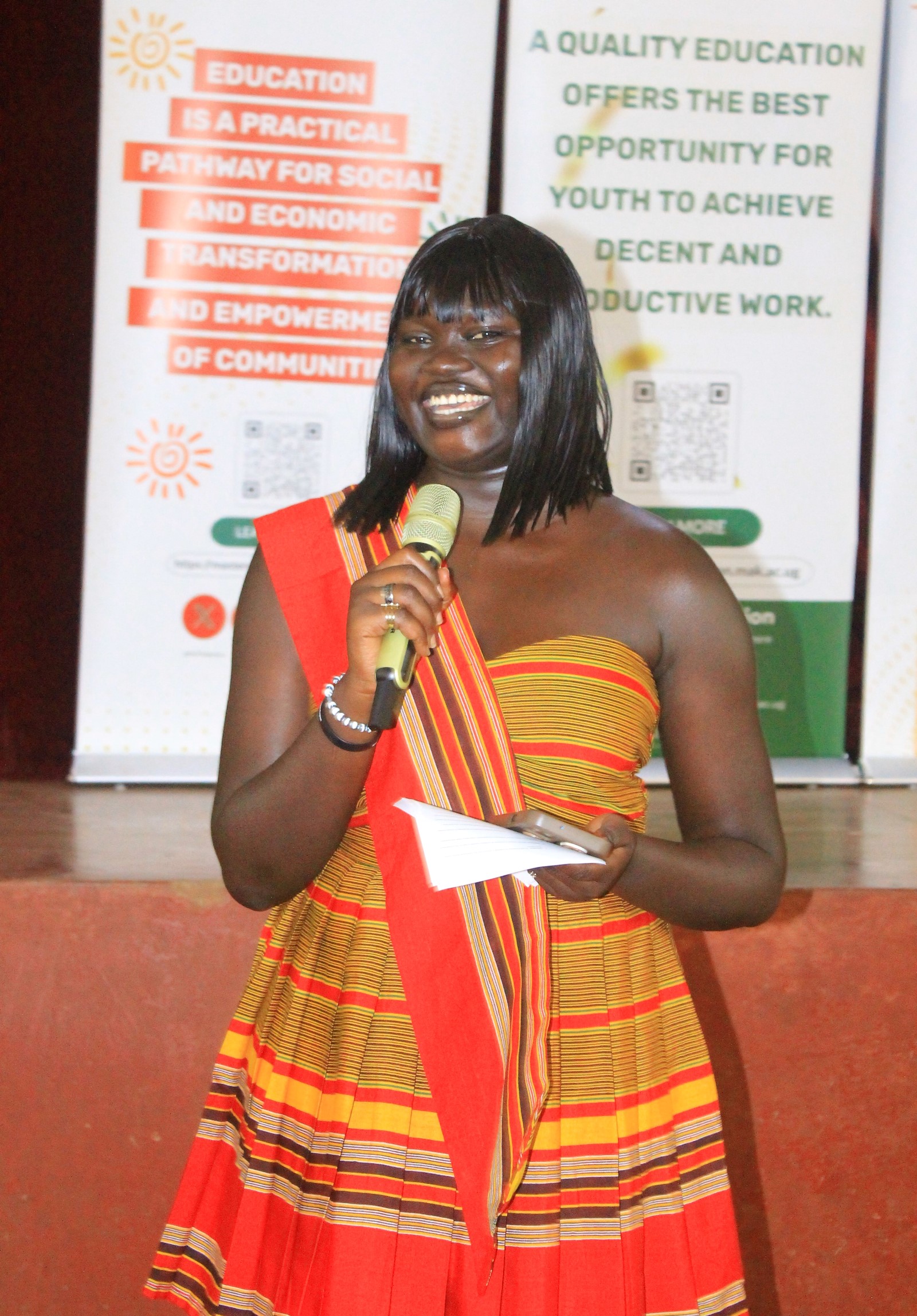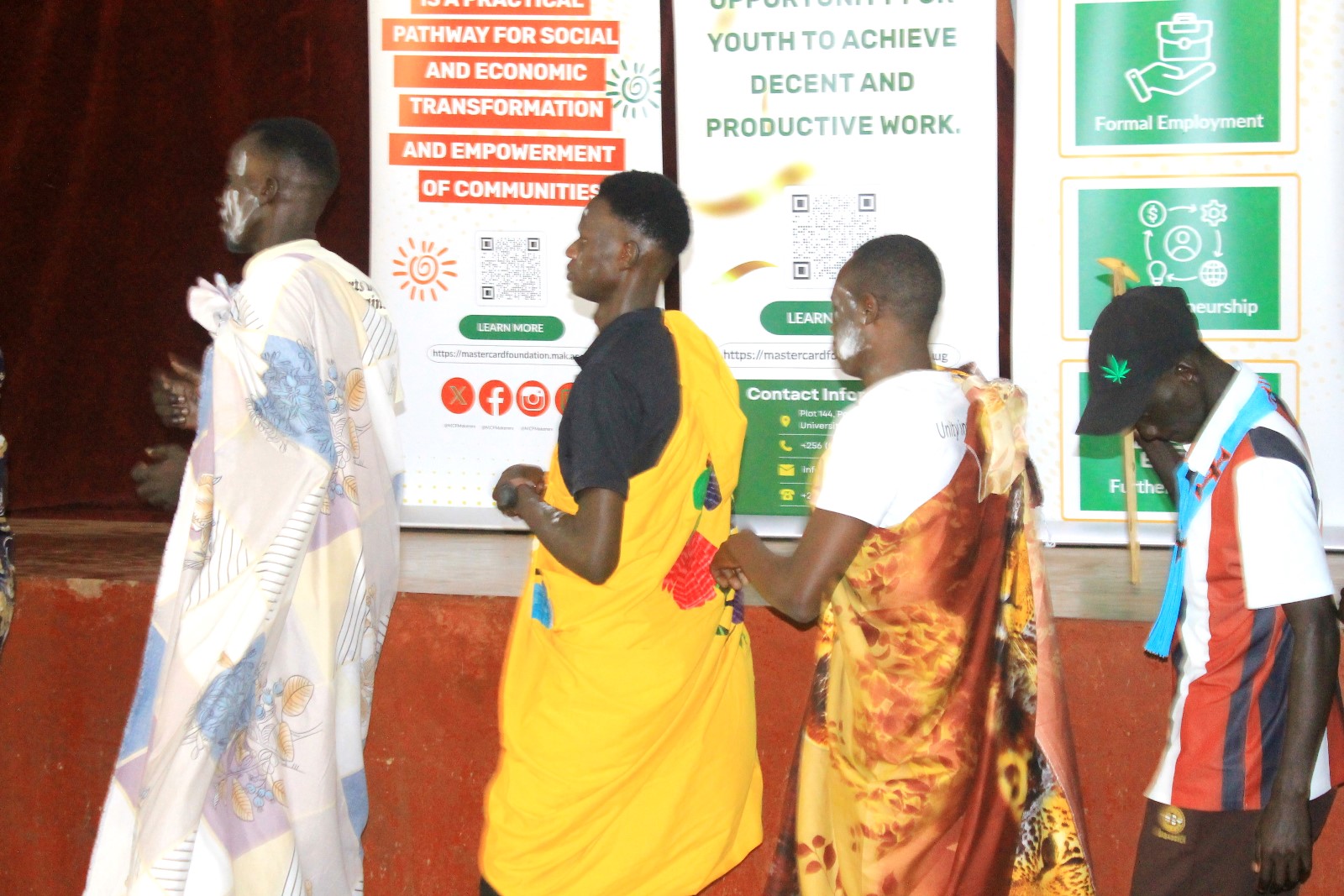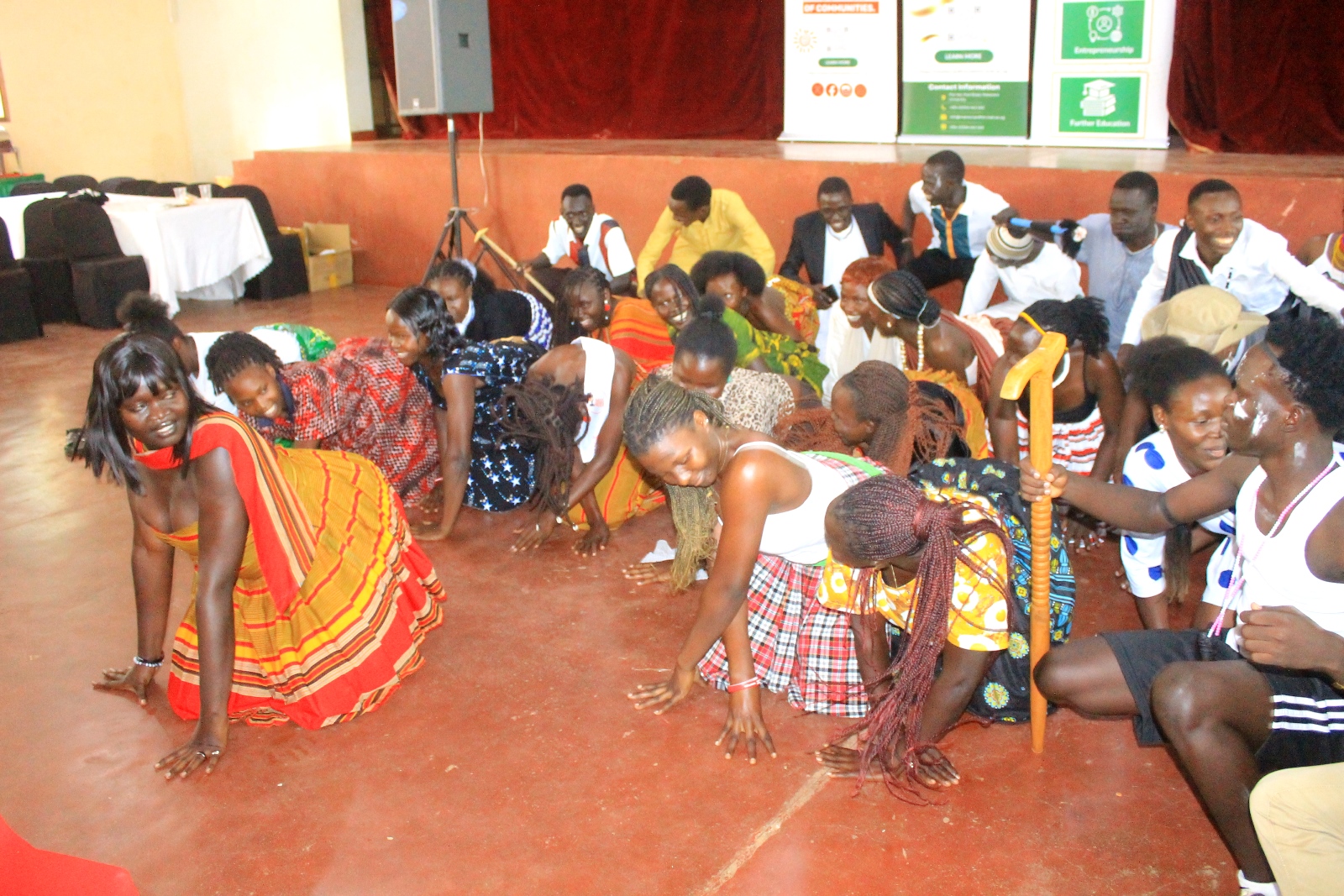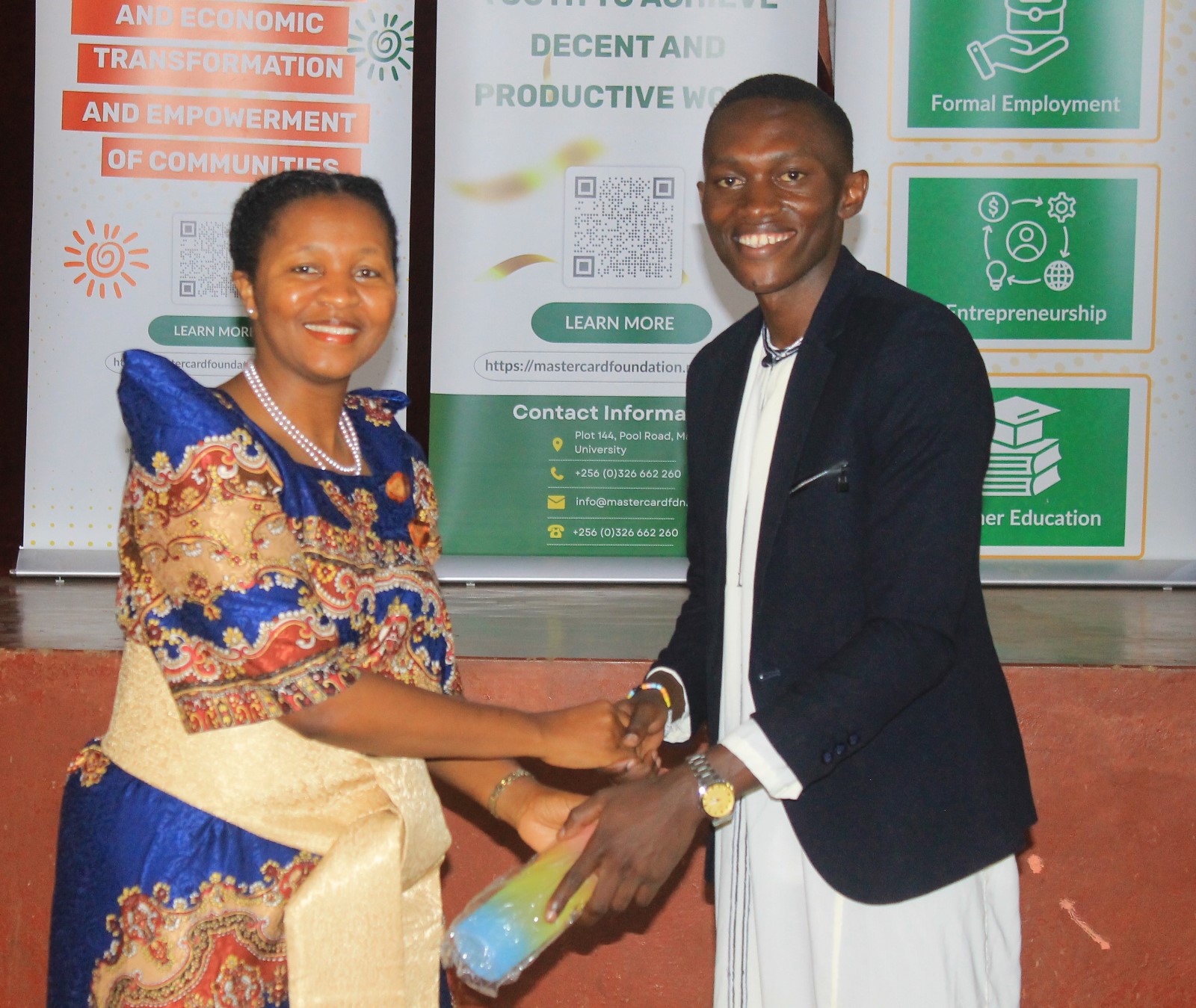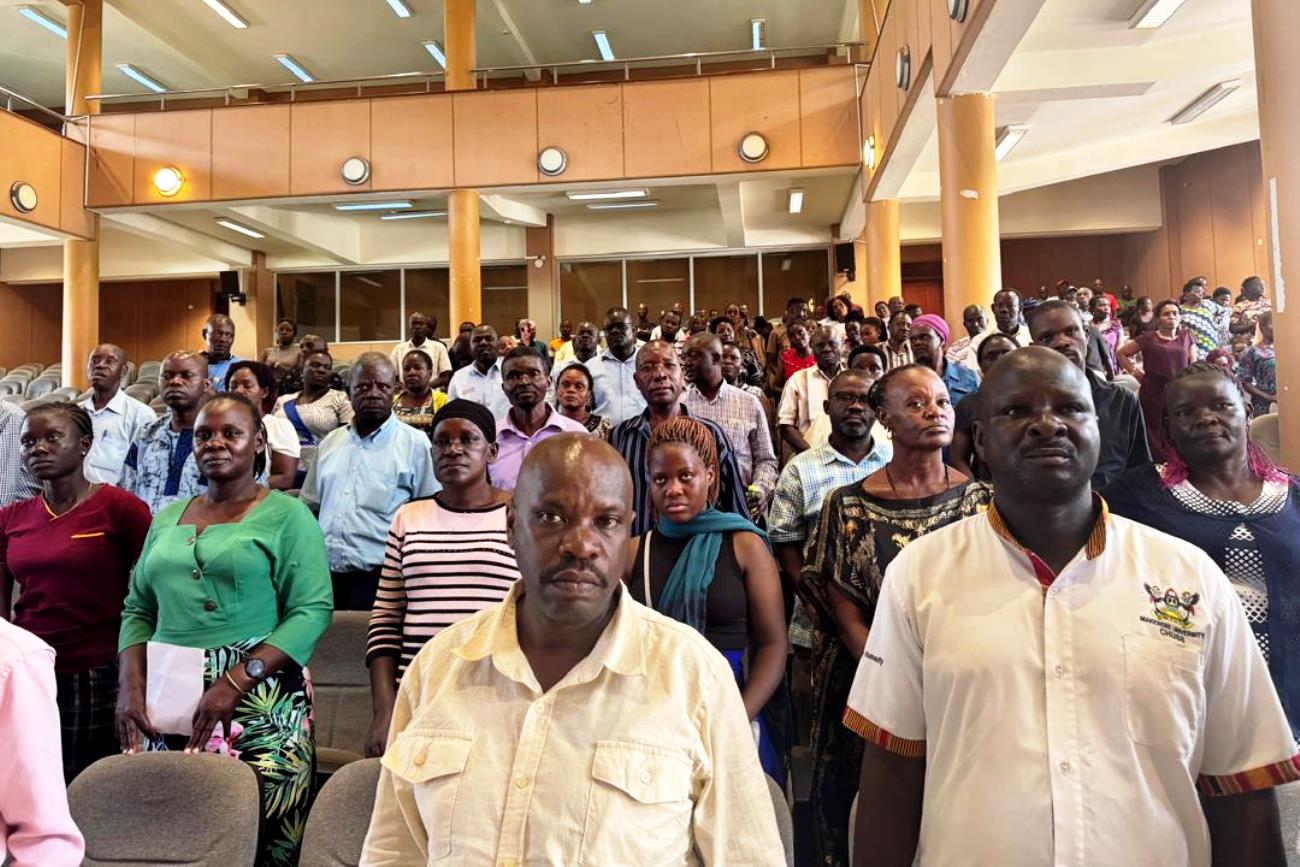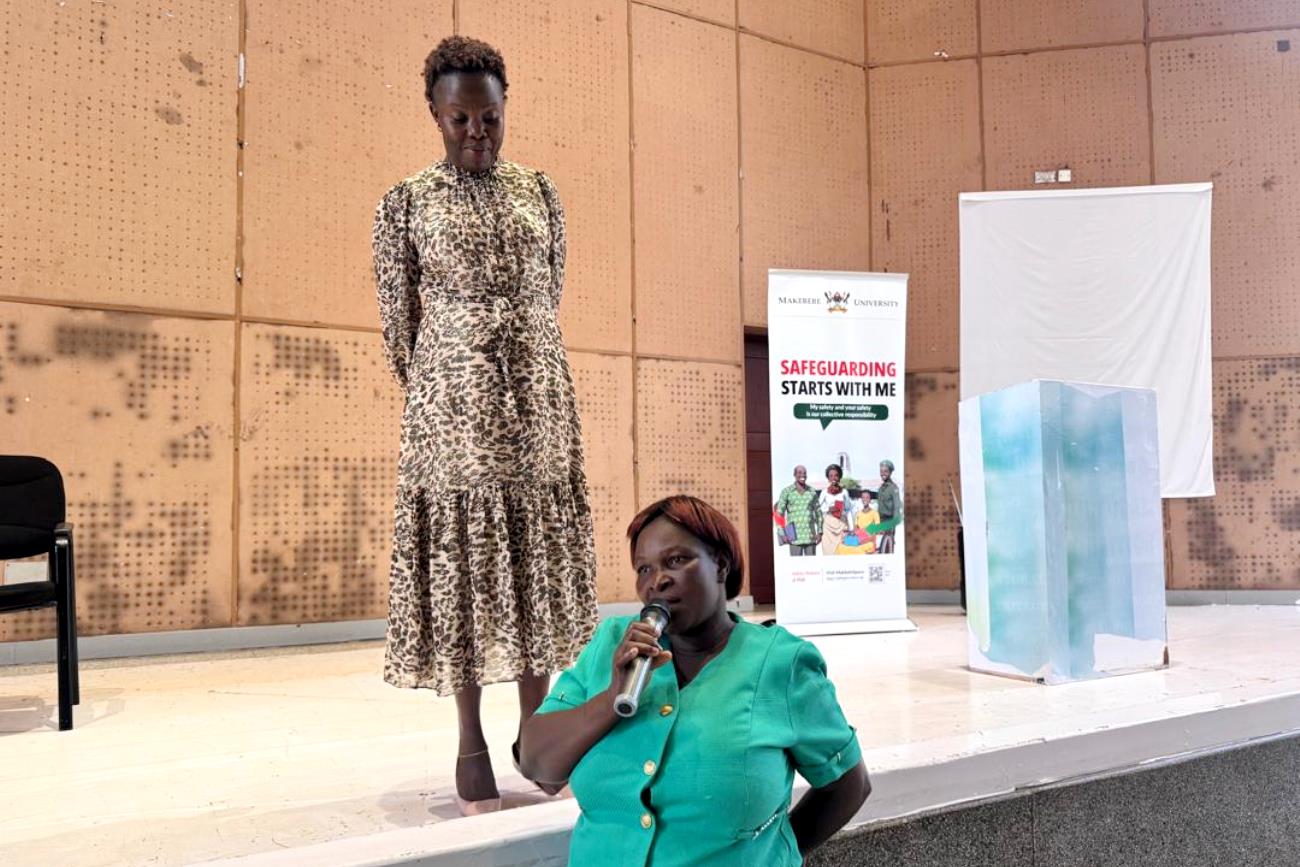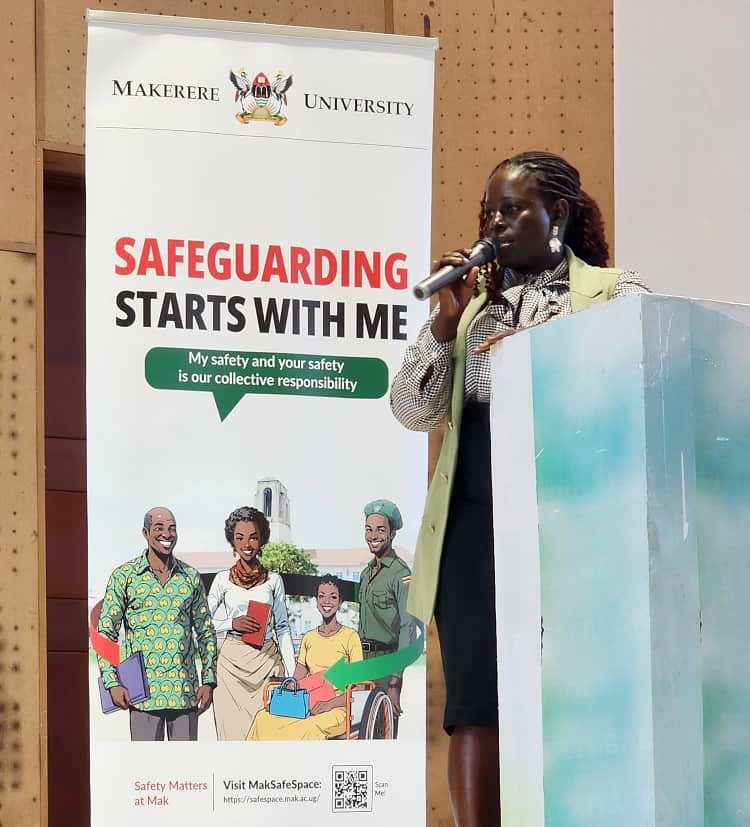A policy brief on preventing nutrient loss and waste across the food system was on Tuesday, 13th November, 2018 launched by the State Minister for Northern Uganda who is also Member of Parliament representing Zombo District Women Constituency Hon. Grace Freedom Kwiyucwiny, during the NARO–Makerere University (Mak) Conference at the Speke Resort Munyonyo.
The policy brief was developed by the Global Panel on Agriculture and Food System for Nutrition – an independent group of influential experts with a commitment to tackling global challenges in food and nutrition security.
The new policy brief shows that reduction in food loss and waste; particularly in high nutrient foods, has the potential to yield substantial nutritional benefits, contributing to achievement of the Sustainable Development Goals.
Launching the brief, Hon. Kwiyucwiny emphasized the need to address loss and waste of nutritious foods as a specific new priority for improving nutrition.
The Minister said globally, US$940 billion is lost annually, expressing the need for all stakeholders to do agriculture as a business and to understand the value in the diets they consume.
“We want to strengthen the coordination of all stakeholders. I am also interested in getting out of here with action points as very critical. All have the responsibility to do more than they have been doing before”.
Hon. Kwiyucwiny applauded the Global Panel on Agriculture and Food Systems for Nutrition for considering Uganda as the best place to launch the policy.
She said 29 % of the children in Uganda are stunted due to poor nutrition despite the fact that the country grows all foods important for growth.
“In Uganda 30-40% of the food is lost after harvesting and the most affected are fruits and vegetables which are very critical for good health.
This is why it is a very important and critical moment to discuss nutrition and launch the policy brief today”, The Minister said.

She challenged all researchers, policy makers and implementers and all stakeholders in agriculture to influence and put more energy in the policy to promote nutrition.
Panel Member and Former AU Commissioner H.E. Rhoda Peace Tumusiime said diet related factors now account for six of the top nine contributors to the global burden of disease.
"Globally, approximately 1.3 billion metric tons, or one third of food available for human consumption never reaches the consumer’s plate or bowl.
In Uganda the examples of loss and waste in cooking bananas (Matooke) from a recent article accounts for 15% that suffer post-harvest deterioration. This percentage deteriorates partially and is sold at discounted prices. 7% deteriorate completely and have no commercial while 30% of edible portion of maize is lost.”
Technical Adviser to the Global Panel Prof. Patrick Webb from the School of Nutrition Science and Policy, Tufts University, USA defined Food waste as the discarding of food appropriate for human consumption downstream in the value-chain, particularly at the retail and consumer levels, due to aesthetic quality, spoilage (actual or perceived) and consumer waste.
While Food loss refers to a decrease in quantity or quality (appearance, flavour, texture and nutritional value) of food intended for human consumption, e.g. inefficiencies in agricultural production, harvesting, post-harvest handling, transportation and storage of crops (notably pathogenic microorganisms) or during food transformation.
Prof. Webb said loss and waste fundamentally affect the availability and affordability of foods which make up healthy diets, and represent a major food system dysfunction that can no longer be tolerated.
“Every year about 1.3 metric tons of food produced for human consumption – one third of the total never reaches the consumers plate translating to US$940 billion, yet 3 billion people today have poor or inadequate diets.
In the USA the average family of four wastes roughly US$1,500 worth of food annually, while in the UK, the average household with children discards approximately £700 of food each year.
The highest economic losses occur for cereals in post-harvest handling and storage; fruit and vegetables in transformation and packaging; and meat, seafood and milk, at the distribution and retail level”, the Professor explained.
Prof. Webb, pointed out that nutrient-rich foods such as fruits, vegetables, seeds, nuts, dairy products, meats and seafood are particularly susceptible to losses throughout the food system adding that globally, more than half of all the fruit and vegetables produced are lost and wasted, rising to more than 70% in the case of North Africa, West and Central Asia, and Latin America.

He explained that of the 263 million metric tons of meat produced globally each year, between 20-30% is lost or wasted. This is equivalent to the loss of approximately 75 million cows at the point of slaughter. In low-income regions, Webb said meat losses can be explained by high levels of animal mortality, caused by diseases (e.g. pneumonia, digestive diseases and parasites) while in high-income regions, wastage of meat and meat products is most significant at the retail and consumer levels.
“There are many drivers of food loss and waste that cover every part of the food system.
These also link to the wider global drivers, e.g. sustainability and climate change. For example: Many nutritious foods (e.g. fruits and vegetables) are also more water and heat sensitive than staple grains or tubers, making them particularly vulnerable to threats posed by climate change.
Dire Dawa, Ethiopia in 2011-2012 found that post-harvest losses of 20% to 40% in fruits and vegetables could be attributed to pollution from local cement factories, poor storage facilities, lack of know-how, poor management and weak marketing processes.
Farmers were sometimes forced to sell their products at very low prices at the earliest opportunity after harvest, because of the absence of proper storage and marketing facilities, and seasonal surpluses.
In Ghana, 69% of produce destroyed by stray animals, 58% of the remaining produce lost during grading and packing, Late arrival of buyers, poor handling of produce, destruction by containers and over-packing are also major factors”, he reported.
He said, loss and waste of nutritious foods needs to be an urgent new priority for improving diets and nutrition.
He explained that the combined threats of micronutrient deficient, under nutrition and obesogenic diets pose a serious challenge to policy makers not only in terms of the health, learning capacity and productivity of their citizens but also in relation to mounting healthcare costs associated with poor diet quality.

The Professor noted that loss and waste in nutritious foods would yield substantial benefits far beyond addressing hunger and malnutrition – to encompass economies and natural environment. The gains made he said, would contribute to the efficiencies needed to address climate change.
Prof. Webb however noted that a wide range of evidence-based policy options are available at every level in the food system matched by a number of Technology innovations including Promethean Power Systems , ColdHubs – created as a 'plug and play' modular, solar-powered walk-in cold room for 24/7 off-grid storage and preservation of perishable foods in low-and-middle-income countries like Nigeria; Multi-flash – an innovative drying technology that has been developed in Brazil to obtain high-quality dried fruit and vegetables, reducing process time and operational costs; Solar drying technologies for drying fruits, vegetables, spices and fish; and Nanotechnology packaging and others.
A key aim of this policy brief according to Prof. Webb is to provide advice to policy makers on how to proceed. The brief analyses the levels of loss and waste in nutritious foods in different regions of the world and where those losses occur throughout food value chains.
It also presents important new analysis which looks into the future to identify supply gaps that could develop in key nutrients unless action is taken. The same analysis is extended to quantify the benefits that could result if policymakers were to act to substantially reduce losses and waste.
The brief also examines many ways in which food loss and waste occur across the food system-from agricultural production to processing and packaging, storage, transportation, retail, and through to people’s own kitchens.
Drawing on the evidence, the brief concludes by setting out six key priorities for action to reduce loss and waste. It also provides diverse example of existing initiatives and potential innovations to guide action in both the public and private sectors.
The key priority areas for action outlined in the new policy brief are:
1. Educating all food systems stakeholders to prioritize the reduction of food loss and waste;
2. Taking practical steps for nutrient retention within the food system;
3. Improving public and private infrastructure for well- functioning and efficient food system;
4. Encouraging innovative solutions to protect nutrients;
5. Closing the data gap (improving data collection and analysis) and ;
6. Closing the knowledge gap (on losses and waste).
This will contribute to the Sustainable Development Goals (SDGs), particularly to SDG 2 which focuses on resolving hunger and malnutrition, as well as SDG 12 which specifically calls for a halving of food waste across the globe by 2030.
Report compiled by;
Jane Anyango,
Principal Communication Officer, CAES
Follow #NAROMAK18 on Social Media for Live Updates
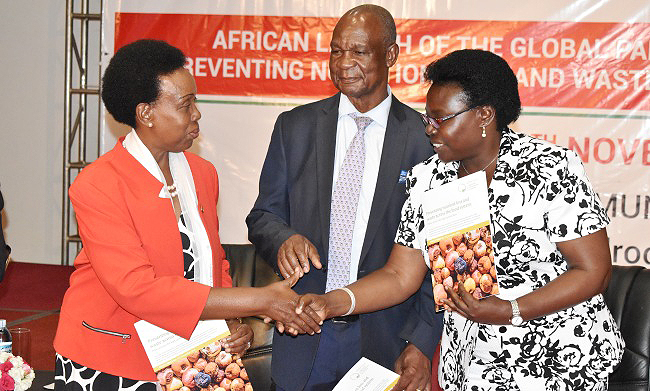

 Agriculture & Environment2 weeks ago
Agriculture & Environment2 weeks ago
 General1 week ago
General1 week ago
 Health2 weeks ago
Health2 weeks ago
 Research2 weeks ago
Research2 weeks ago
 Health1 week ago
Health1 week ago



